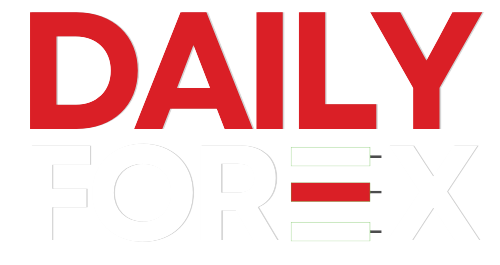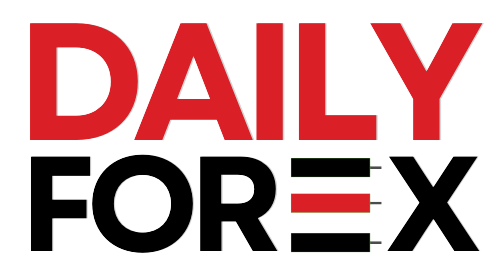In a major development for Pakistan’s trade diplomacy, Finance Minister Muhammad Aurangzeb has expressed confidence in reversing the 29% reciprocal tariff imposed by the United States, signaling renewed momentum toward improving bilateral economic ties.
Speaking at the Federation House on Wednesday, the finance minister revealed that a high-powered Pakistani delegation is set to visit Washington to negotiate tariff relief and rebalance trade relations with the U.S.
🔁 Rebalancing the $5B Trade Equation with the U.S.
Aurangzeb emphasized that the key issue isn’t just tariffs — it’s the glaring trade imbalance between the two nations.
“We export $5 billion worth of goods to the U.S. while importing only $2.1 billion. That imbalance must be addressed,” he said.
The upcoming delegation will push to boost U.S. imports into Pakistan, including soybeans, cotton, and other key commodities, to reduce pressure from reciprocal trade actions and foster a more equitable relationship.
⚡ Electricity Tariff Cuts Coming in July
Aurangzeb also shared encouraging updates on domestic energy costs, noting that power tariffs have already been reduced — with further cuts planned for July 2025, offering relief to consumers and industry alike.
📊 No More Exemptions: All Sectors Must Pay Tax
Setting the tone for a tighter fiscal regime, the finance minister made it clear:
“No sector will receive tax exemptions in the upcoming budget. Everyone must contribute.”
He acknowledged that salaried individuals currently bear 70% of the income tax burden, and assured targeted relief for this group in the new budget.
💼 Global Confidence in Pakistan’s Recovery
Aurangzeb highlighted his recent trip to Washington, where he attended over 70 meetings with stakeholders including the IMF, World Bank, China, and Saudi Arabia.
“There’s now global recognition of Pakistan’s macroeconomic turnaround,” he said.
Key economic indicators now reflect that:
- Foreign reserves have climbed to $14 billion
- Current account surplus remains on track
- Interest rate cut likely, with the Monetary Policy Committee meeting scheduled for May 5
🧵 Sectoral Highlights: Textiles Still King, IT Rising Fast
Aurangzeb reaffirmed that textiles remain Pakistan’s export powerhouse, while IT, agriculture, pharma, furniture, and automobiles are rising contributors.
- IT exports: $3.2 billion — expected to reach $8 billion in the next few years
- Reko Diq mining project: Estimated $2.8 billion in annual potential
- Web 3.0 and blockchain policy in development for tech-driven economic inclusion
🔐 No to Transit Trade for India Amid Regional Tensions
In a strong diplomatic signal, Aurangzeb stated that Pakistan would not reopen the Central Asian transit route for Indian goods, citing ongoing regional hostilities.
“War benefits no one, and this will ultimately backfire on Indian trade,” he noted.
📢 Business Community Demands Lower Interest Rates, Tax Justice
Earlier in the session, FPCCI Acting President Saqib Fayyaz pressed the government on:
- High interest rates despite stabilizing economic indicators
- The removal of exporters from fixed tax regimes
- Fake invoice issues plaguing the normal tax system
He applauded the 7.7% export growth to $24.6 billion in FY25’s first nine months, but also flagged a 4.5% rise in the trade deficit.
Fayyaz emphasized the critical role of overseas Pakistanis, who sent $28 billion in remittances, and urged the government to introduce a special incentive package for them in the next budget.
🧾 Call for Forensic Audit of Customs’ Faceless Assessment System (FAS)
Vice President Asif Sakhi urged the government to conduct a forensic audit of FAS’s performance, questioning the efficiency and revenue integrity of green-channel clearances over the past five months.
📌 Outlook: Trade Talks, Tax Reforms, and Sectoral Focus in Spotlight
As Pakistan heads into budget season and prepares for key trade negotiations with Washington, the government is walking a fine line between fiscal tightening, industry relief, and diplomatic strategy.
Stay tuned with www.dailyforex.pk for the latest updates on tariff negotiations, budget insights, and global trade developments shaping Pakistan’s economic future.




